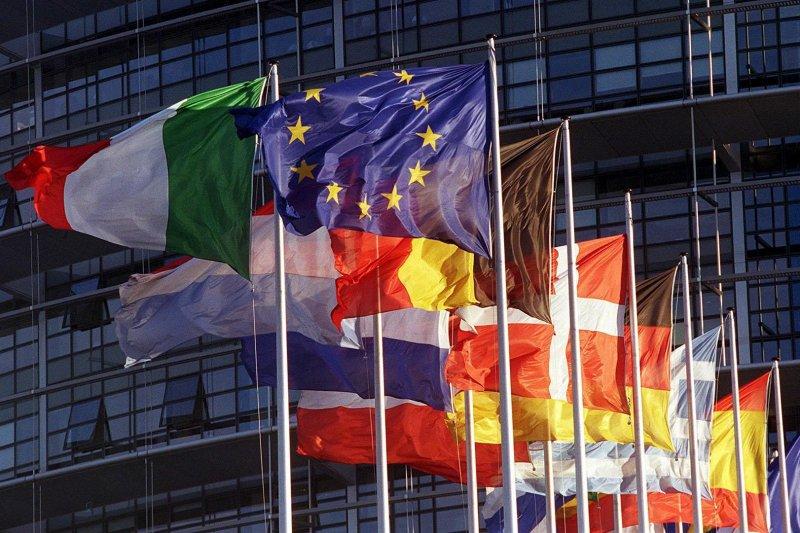Europe’s luxury crisis: Need for reform amid global change
In its latest editorial, The Economist paints a striking picture of Europe's reluctance to embrace the necessary changes for survival in a rapidly evolving world. The piece, “For things to remain the same, everything must change,” uses the apt aphorism from Giuseppe Tomasi di Lampedusa's The Leopard to describe Europe’s paradox: a continent that is acutely aware of its need to adapt but struggles to let go of ingrained habits and privileges. The continent’s elitist, insular mindset, rooted in centuries of global dominance, is no longer sustainable as Europe finds itself facing crises that demand reform and recalibration.
The article deftly points to the European Union’s flawed attitude of complacency, content to only act when forced by crisis. Europe’s dependency on China’s market, Russian energy supplies, and American military protection is fraying. The recent war in Ukraine and Donald Trump’s aggressive foreign policy further expose the EU’s vulnerabilities. Yet, despite these stark realities, Europe remains hesitant to take bold steps in recalibrating its policies to better suit the changing global order. The piece argues that Europe’s policies, once seen as luxuries, are now indulgences it can no longer afford. The EU’s policy toward Britain—still tinged with resentment post-Brexit—illustrates this luxury of petty rivalry. Instead of embracing Britain’s geopolitical and military strength to bolster European security, the EU continues to drag its feet over trivial disputes like fishing rights, undermining its own security interests in the process.

The editorial also critiques the EU’s self-righteous approach to foreign relations, especially in imposing its regulatory standards on countries far beyond its borders. While the EU once relished its "Brussels effect"—the global spread of its regulations—this has begun to sour as Europe faces growing resistance from non-EU countries and struggles to secure necessary trade deals. The EU’s influence in the global economy is waning, and the luxury of assuming global dominance is no longer tenable. The growing administrative barriers within the EU itself, especially in terms of inter-European trade, also underscore the inefficiencies of the union. Despite extensive reports on improving the single market, little has been done to act on them, perpetuating the continent’s stagnation.
One of Europe’s most glaring weaknesses is its ageing population, a demographic crisis that has been allowed to worsen for decades. With fewer workers supporting an increasingly large pensioner population, Europe faces tough decisions regarding labour markets, immigration, and retirement policies. The editorial suggests that Europe must reconsider its reluctance to raise retirement ages and stop relying on impractical solutions like encouraging higher birth rates or politically contentious immigration.
Finally, The Economist turns its attention to Europe’s underinvestment in defence. The continent’s reliance on the "peace dividend" after the Cold War has left its military readiness woefully inadequate. As threats from Russia grow, many European countries are belatedly attempting to meet NATO's defence spending targets, but it is unclear how these commitments will be financed. Without a clear strategy, the EU’s defence policies remain a luxury it can no longer afford.
In conclusion, The Economist argues that Europe’s failure to reform its luxury policies will prevent it from addressing the real challenges at hand—climate change, defence, and the economic integration of its members. The EU must discard its complacency and confront the reality that the world is changing, and so too must Europe. Only then can the continent hope to remain a relevant force in global affairs.
By Vugar Khalilov








